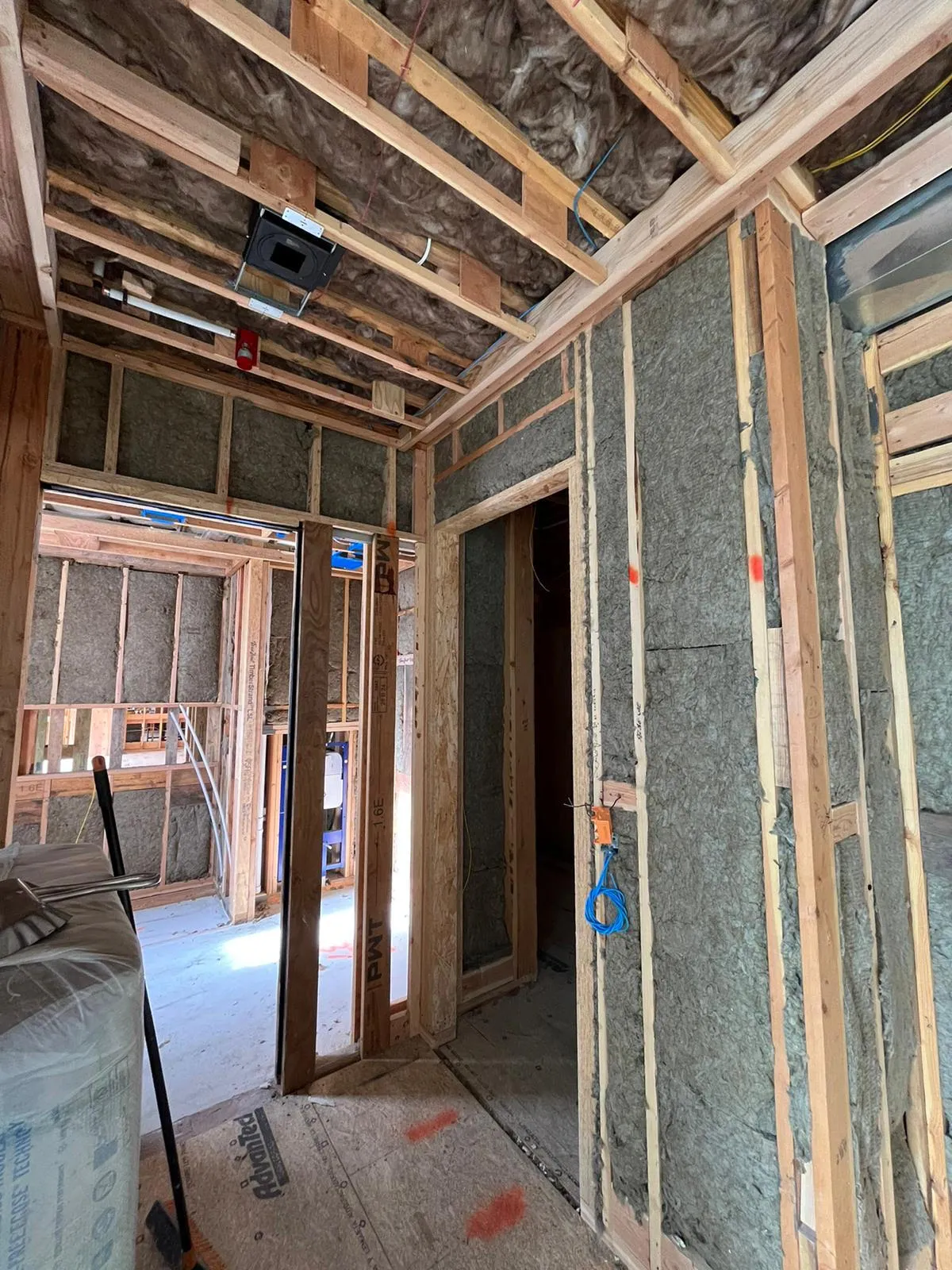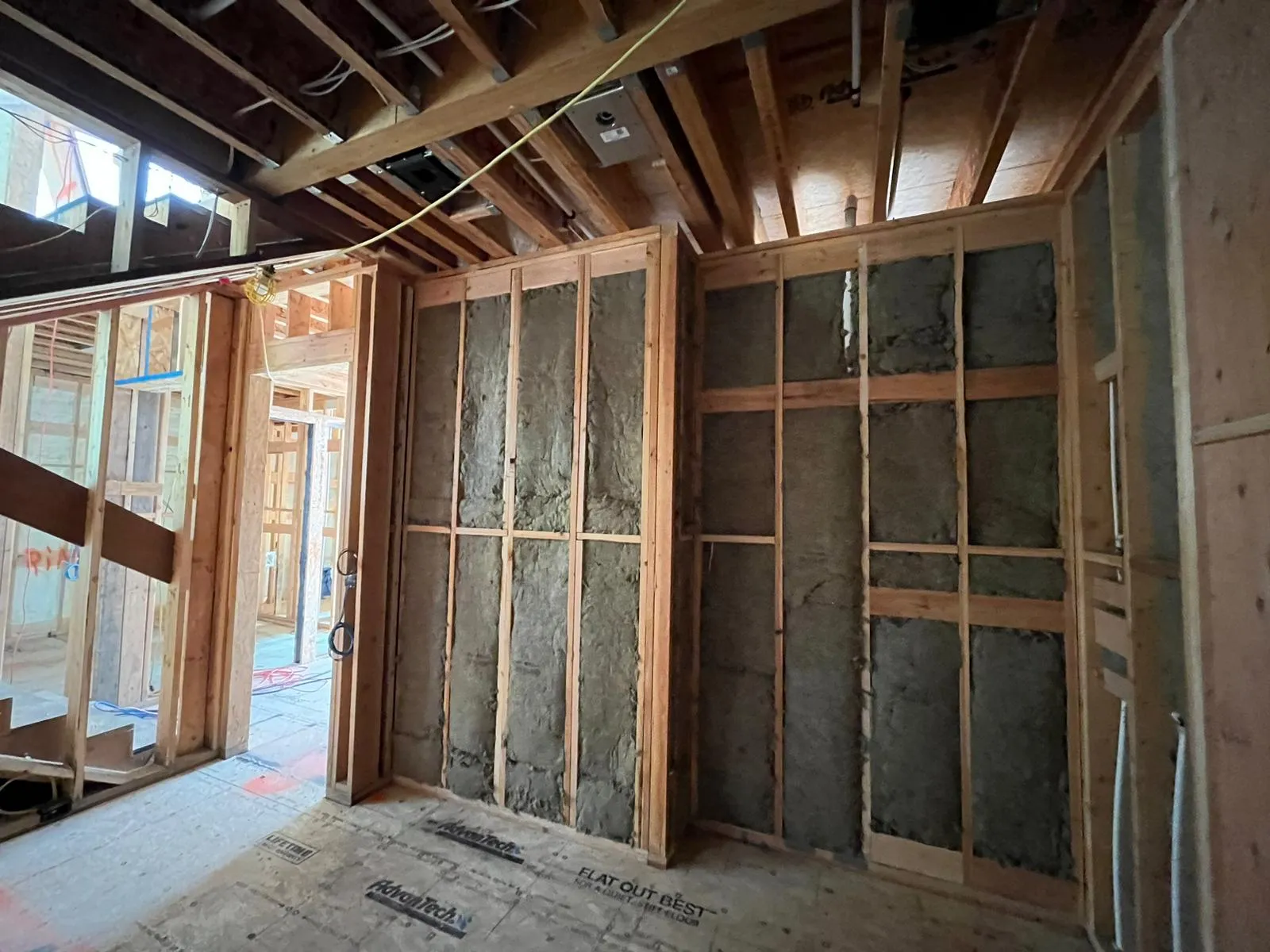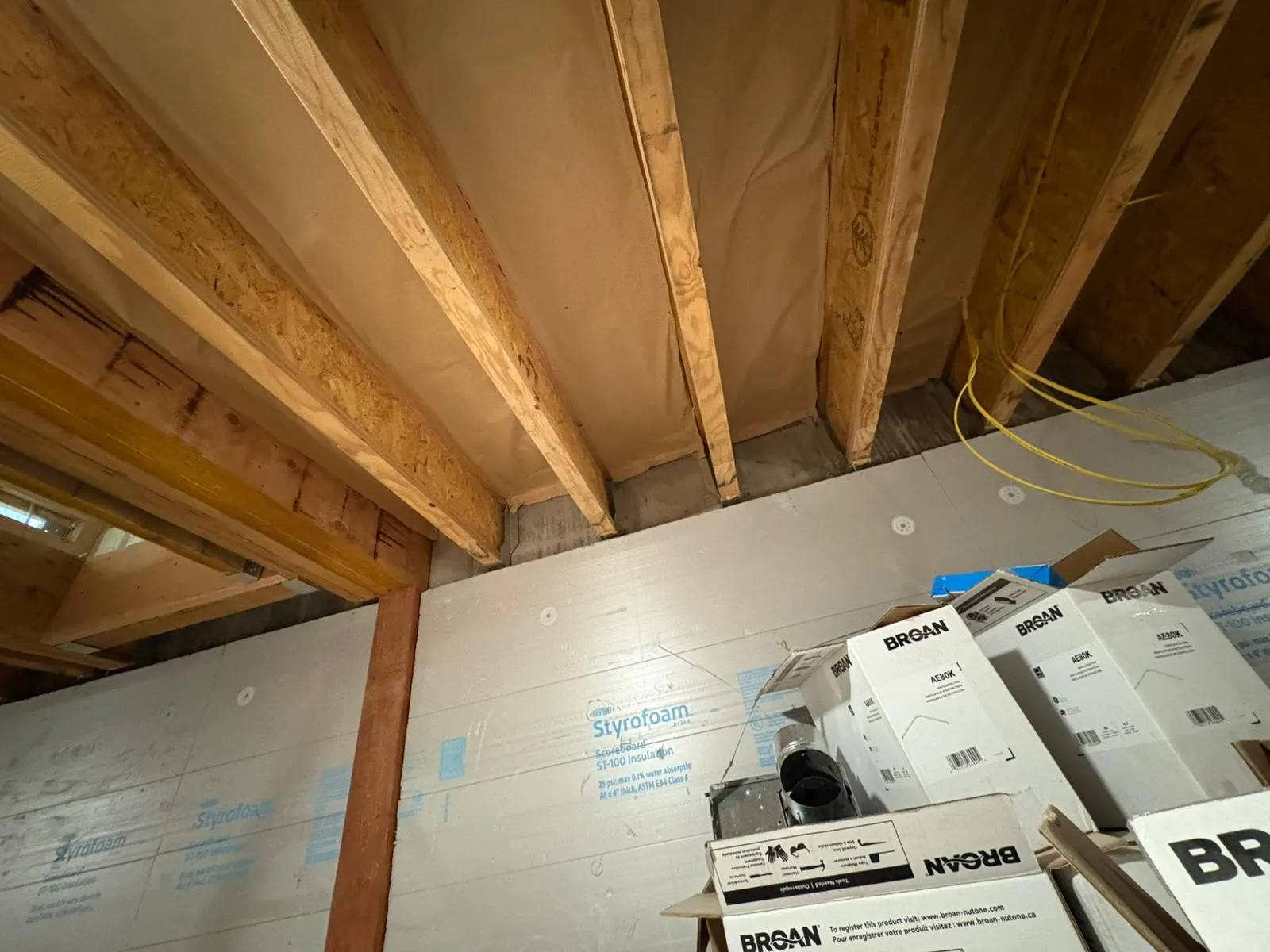
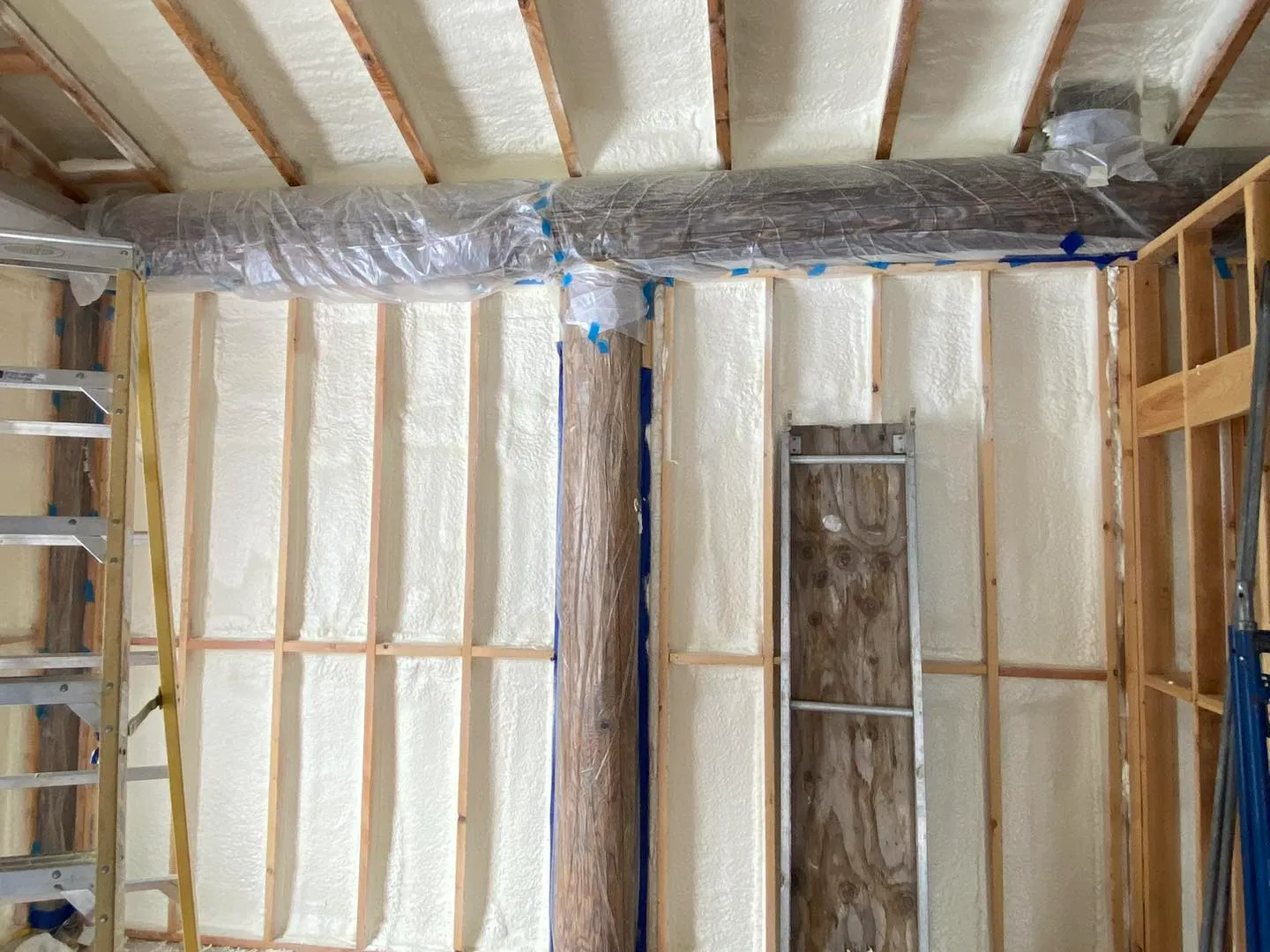
Spray foam insulation offers a reliable way to address basement moisture, heat loss, and air leakage—issues that are especially relevant in Pocatello’s varied climate. Winters in the region bring extended cold spells, and summers can swing to warmer, drier conditions. The material’s air-sealing capability and high R-value retention make it well-suited to maintaining stable indoor temperatures and preventing condensation in below-grade spaces.
For basements in Pocatello, both open cell and closed cell spray foam present advantages over traditional materials such as fiberglass or mineral wool. The main reasons include superior thermal performance, moisture resistance, and the ability to reduce drafts from foundation wall gaps or rim joists. When applied correctly, spray foam also helps limit mold growth by reducing areas where moisture can settle.
| Feature | Open Cell Spray Foam | Closed Cell Spray Foam |
|---|---|---|
| R-Value per Inch | ~3.5-4 | ~6-7 |
| Moisture Resistance | Moderate | High (acts as vapor barrier) |
| Air Sealing | Excellent | Excellent |
| Flexibility | More flexible, adapts to framing movement | Rigid, adds structural strength |
| Best Use in Basement | Interior walls above grade, sound control | Foundation walls, rim joists, areas with high moisture risk |
| Cost Efficiency per R-Value | Lower upfront material cost | Higher material cost but better long-term efficiency |
| Technical Specification | Open Cell | Closed Cell |
|---|---|---|
| Water Vapor Permeance (perm) | 10-16 | <1 |
| Compressive Strength (psi) | 5-10 | 25-60 |
| Application Temperature Range (°F) | 40-120 | 40-120 |
| Max Service Temperature (°F) | ~180 | ~200 |
| Dimensional Stability (% change) | 5-10% | 1-3% |
| Typical Installed Thickness in Basements | 3-5 inches | 2-4 inches |
Bonus Tip: In basements with persistent moisture issues, pairing closed cell foam with proper exterior drainage greatly increases long-term performance.
Bonus Tip: For mixed-use basements, a hybrid approach using closed cell on lower walls and open cell above grade can optimize cost and performance.
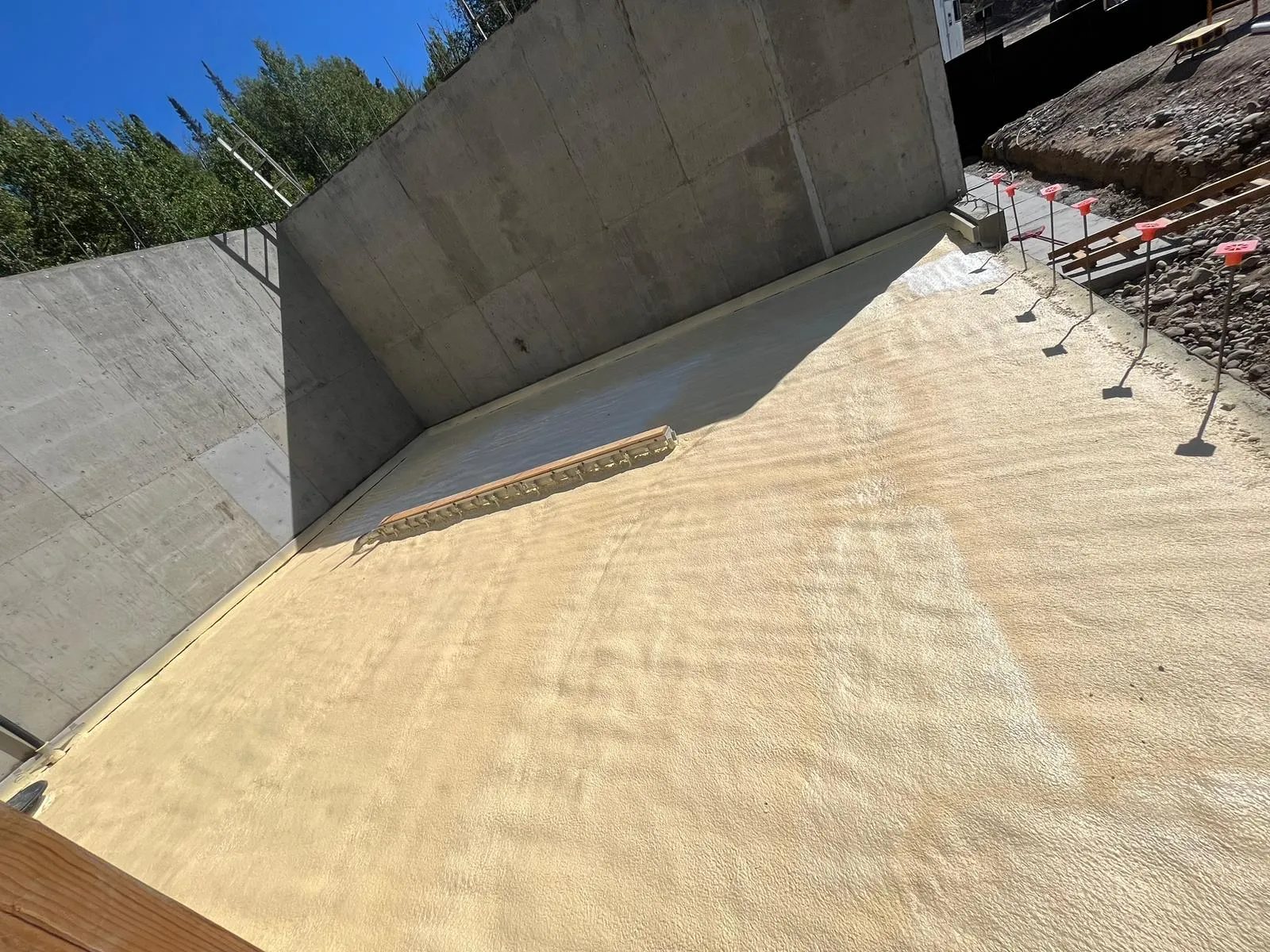
Yes, when installed to code with proper fire and thermal barriers.
Closed cell foam controls vapor transmission; water issues must be corrected before installation.
It can, but performance is highest when applied directly to clean substrates.
No routine maintenance is required, but periodic inspections help ensure performance.
Spray foam provides a durable, high-performance solution for Pocatello basements by controlling heat loss, moisture, and air leakage. Closed cell foam excels in moisture-prone areas, while open cell works well in above-grade or sound-sensitive applications. The choice depends on the basement’s use, structure, and moisture conditions.
For professional evaluation and installation suited to Pocatello’s climate, contact High Country Solutions at [email protected] or (307) 248-9063.
Spray foam maintains insulation properties for decades without settling or sagging.
Yes, by sealing out allergens and outdoor pollutants through air leaks.
Open cell foam flexes with framing; closed cell remains stable and adds rigidity.
Yes, but removal is labor-intensive and typically requires mechanical scraping.
Yes, open cell foam provides noticeable sound dampening; closed cell has minimal acoustic absorption.

